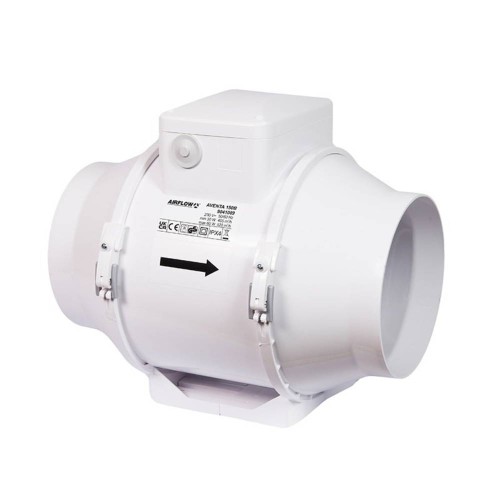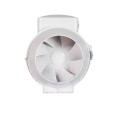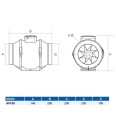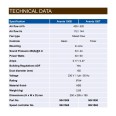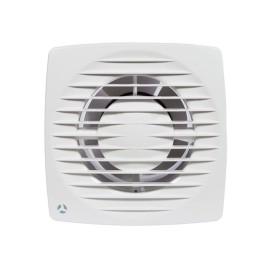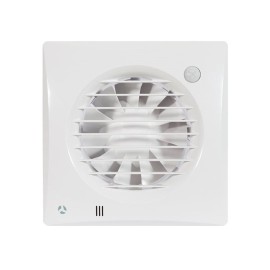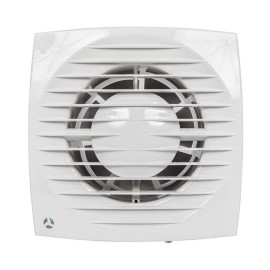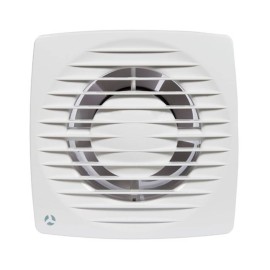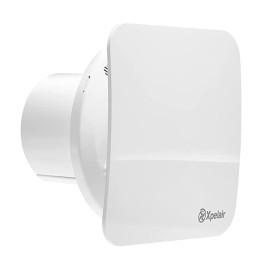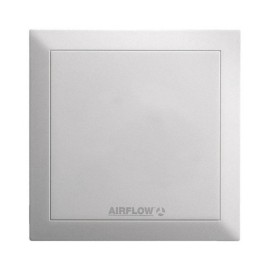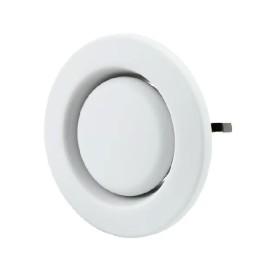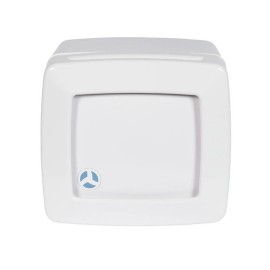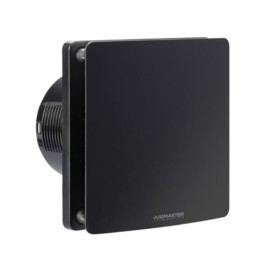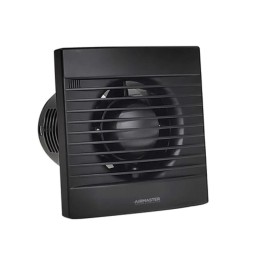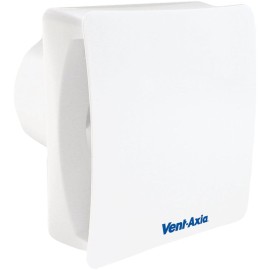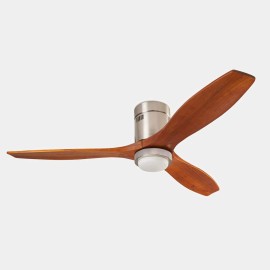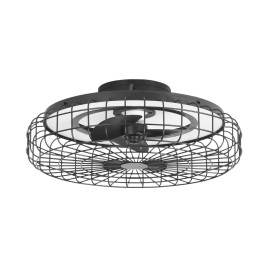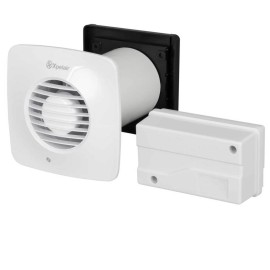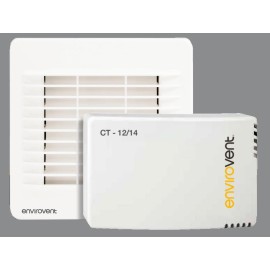
Ventilation Fans: what type of extractor fans you need, where, and why
Ventilation plays a huge part in all of our lives, keeping the air in our homes safe to breathe and free from contaminants. There is no question of whether you should have a quality ventilation system installed, but the big question is which one and what ventilation fans should be installed where? Airflow has sought to answer this question with a variety of fans that all comply with Building Regulation laws. These regulations state that a minimum flow rate is needed from an extractor fan when installed in a ‘wet room’ of any kind. The term ‘wet room’ covers toilets, bathrooms, utility rooms and kitchens as these rooms all use water frequently. There is no ‘one size fits all’ ventilation fan solution, so it is important that you purchase the right fan for the job in question. In this article, we would like to inform you of which ventilation fan should be placed in which wet room of your home, to prevent damp and other contaminants. The importance of minimum airflow rates in wet rooms Airflow rates are recorded in litres per second (l/sec). Here are the following minimum airflow rates for each kind of wet room: Toilets = 6 l/sec Bathrooms = 15 l/sec Utility rooms = 30 l/sec Kitchens = 60 l/sec (30 l/sec in kitchens where the fan is placed adjacent to the hob. This is also the minimum flow rate expected from a ducted cooker hood). Why is it so important that airflow rates meet these minimum levels in each of these rooms? The primary reason is that insufficient airflow results in condensation, damp and eventually mould if it goes untreated. However, if you ensure the fan that you have installed performs at the correct airflow rate, then the excess moisture will be eliminated. This means there will be no risk of the growth of mould in your wet rooms. What are the different ventilation fan types and their features? Axial fans Axial fans are a type of fan that causes the air to flow in an ‘axis’ motion, which runs parallel to the shaft where the blades rotate. This creates a pressure difference which causes airflow through the fan. They provide high performance and volume levels, considering their small profile - and they are very unobtrusive. We at Sparks sell some excellent axial fans with very slim proportions. For instance, Envirovent’s Silent Extractor Fan is only 146.5mm in diameter and provides an impressive 78l/s. This makes it highly suitable for kitchens where it will operate with minimal fuss: silent and discreet. Axial fans must overcome a limited amount of ‘backpressure’ (which is caused by internal components). This means it should not be used on longer duct runs - 1.5 metres and over - and on ducts with a minimum of two 90 degree bends. Centrifugal Fans Centrifugal fans extract air at a right angle to the fan’s intake and spins the air outwards by using centrifugal force. The impeller rotates, causing air to enter the fan near the shaft and move in a straight line to the opening in the fan casing. This allows the fan to produce more pressure for a certain air volume, and is therefore able to push the extracted air along far longer duct runs. Centrifugal fans are often more expensive than their axial counterparts, and are sometimes larger to accommodate their greater power. However, this is not the case with some newer, sleek models which look very alike to axial fans. Mixed Flow fans Mixed Flow fans combine some of the high-volume flow aspects of the axial fan with the pressure delivery of the backward curved centrifugal fan. These fans come highly recommended from the trusted site Professional Electrician, as they are able to combine convenient size and strong performance. For example, the Airflow Aventa is slim, 6 inches long, and provides two fans in parallel for double the flow - producing an exceptional 552m3/hr. They are very popular in kitchens and bathrooms, as they produce high airflow rates needed for kitchens. Furthermore, they are ideal for short to medium duct runs - in toilets and smaller utility rooms for instance. Which ventilation fan type should go where? As stated before, there is no uniform solution of where to place your ventilation fan. You must consider a variety of factors, such as the length of a duct and the number of bends in it. These things will create a resistance to the fan’s airflow that it must overcome to reach its ‘operational performance’. With axial fans, the use of an axial impeller is ideal for bathrooms, toilets and smaller rooms, where the fan is to be ducted straight through the wall or installed in a window. Axial fans are suited for fitting through the wall or ceiling, as well as along short runs of ducting applications. The powerful centrifugal fans are often found in kitchens or very large utility rooms. They are frequently placed in rooms which do not have exterior walls. This is because such rooms do not have natural ventilation, and this means they require a long duct run to reach the outside of the building. Meanwhile, mixed flow fans are seen to bring the best of both centrifugal and axial fans together, with both power and discreteness. They are a perfect choice to bridge the performance gap between axial and centrifugal fans.




